August 13, 2020: Protecting Central America from Health Threats

IN THIS ISSUE
Spotlight on Topic:
Protecting Central America from Health Threats
The Centers for Disease Control and Prevention (CDC) has collaborated with public health institutions in Central America since the 1960s. In 2005, CDC formally established the Central America Regional (CAR) office in Guatemala, also covering Panama, Belize, El Salvador, Costa Rica, Honduras, Nicaragua, and the Dominican Republic. CDC works to strengthen surveillance, laboratory and workforce development, and to respond to public health threats such as HIV, tuberculosis, dengue, Zika, and COVID-19.
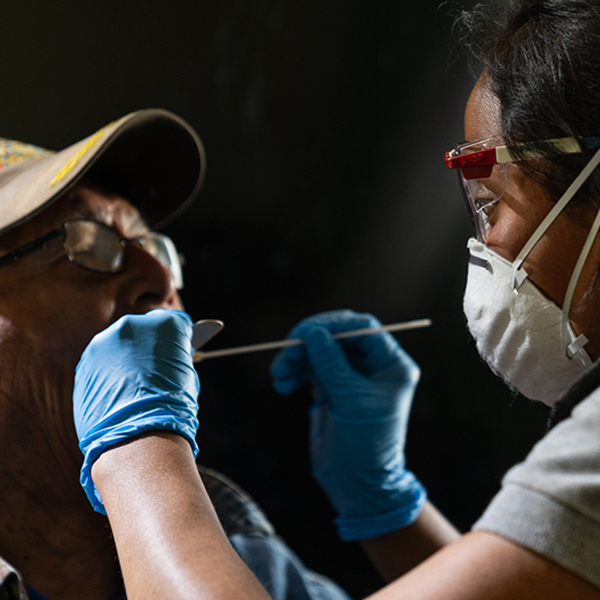
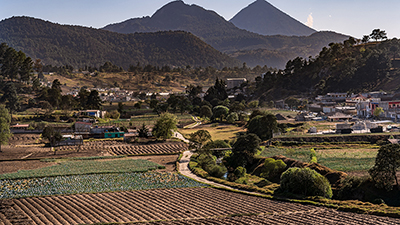
PHOTO STORY
Strengthening Surveillance for Antimicrobial Resistance in Guatemala
CDC partners with Washington State University and Universidad del Valle de Guatemala to better understand the burden of antimicrobial resistance in Guatemala.
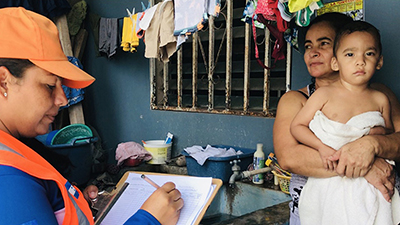
STORY
CDC-Trained Disease Detective Mobilizes her Community Against Dengue
Dr. Ofelia Martinez ignites her community into action against the largest recorded dengue outbreak in the history of Honduras.
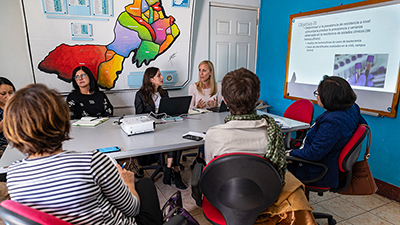
VIDEO
Central America Region Overview
Brief overview of the health threats facing Central America and the work CDC is doing in response.
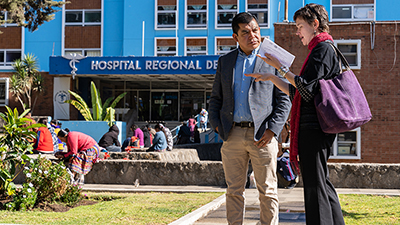
VIDEO
Honduras Hospital HIV Clinic
CDC has partnered with the region’s ministries of health and the Council of Ministers of Health of Central America and the Dominican Republic (COMISCA) to build a sustainable, high-impact national HIV response program.
- ‘The Biggest Monster’ Is Spreading. And It’s Not the Coronavirus.external icon
New York Times
August 5, 2020 - Pandemic Advice Ignored by Trump Helps Vietnam Fight Virusexternal icon
Bloomberg
July 30, 2020 - Corona shuts Windhoek businessesexternal icon
Namibian Sun
July 29, 2020